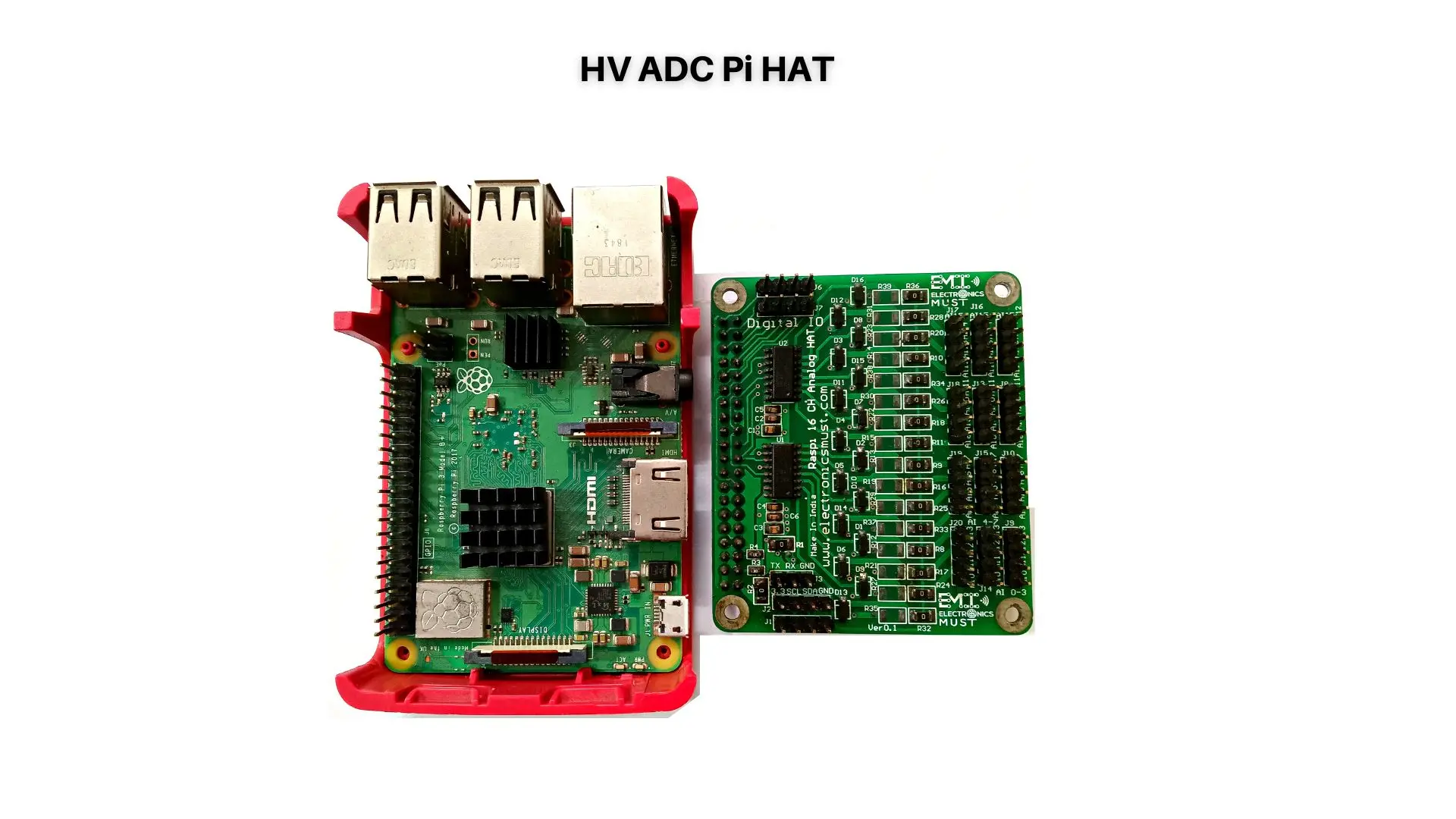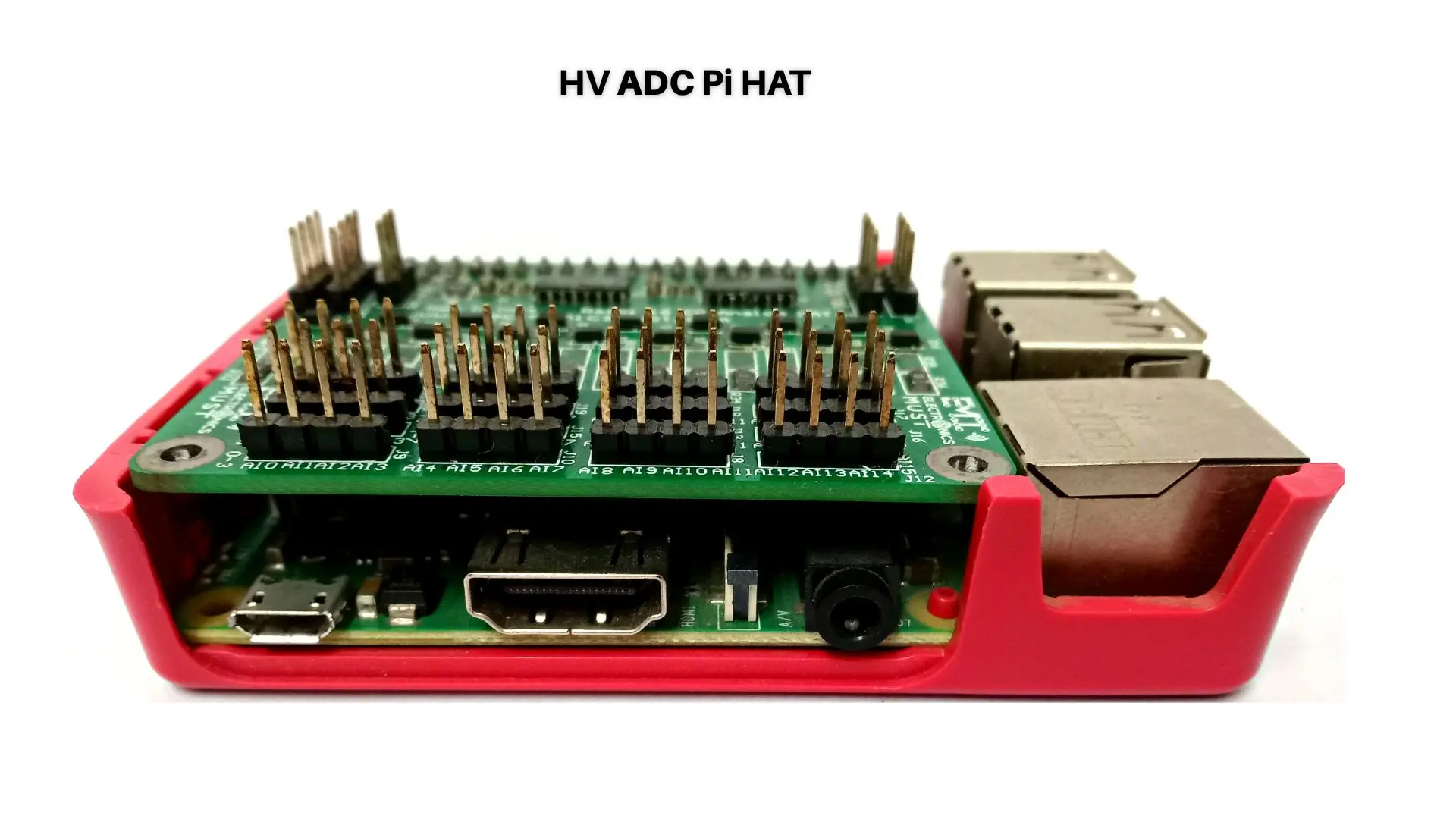Signal integrity analysis is a critical aspect of electronics design. It refers to the process of ensuring that signals transmitted through electronic devices are received accurately and without distortion. Poor signal integrity can lead to a wide range of issues, including data corruption, electromagnetic interference (EMI), and reduced device performance.
Here are some reasons why signal integrity analysis is so important in electronics design:
- Improves device performance: By ensuring that signals are transmitted accurately, signal integrity analysis can help improve the overall performance of electronic devices.
- Reduces EMI: EMI can interfere with the proper functioning of electronic devices and lead to data corruption. Signal integrity analysis can help identify potential sources of EMI and suggest mitigation strategies.
- Increases reliability: Poor signal integrity can lead to device failures, which can be costly and time-consuming to repair. By ensuring that signals are transmitted accurately, signal integrity analysis can help increase device reliability.
- Saves time and money: By identifying potential signal integrity issues early in the design process, signal integrity analysis can help reduce design iterations and manufacturing costs.
In summary, signal integrity analysis is a critical aspect of electronics design. By ensuring that signals are transmitted accurately, signal integrity analysis can improve device performance, reduce EMI, increase reliability, and save time and money. If you’re not already incorporating signal integrity analysis into your electronics design process, it’s time to start.






